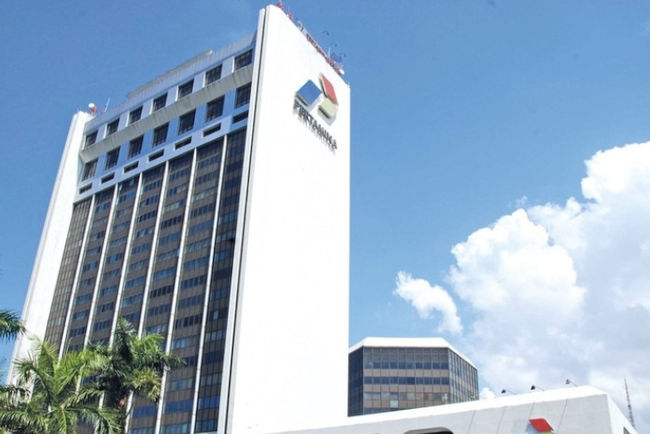The Energy, Sustainability, and Climate Business 20 Task Force (TF ESC-B20) has successfully created the First Green Industrial Area in Southeast Asia.

In a statement released on Saturday, the green industry area acts as an industrial decarbonization effort, which has become an important step not only for the industry but also the cluster.
Chair of the TF ESC-B20 Nicke Widyawati said that supporting decarbonization will accelerate the achievement of net zero emission that is targeted by Indonesia in 2060.
Supporting the development of green industry clusters will also attract more foreign investment in the future, encouraging national economic growth and create jobs.
“Decarbonization of the Industrial Cluster allows us to apply an integrated approach to the transition to net zero,” said Nicke Widyawati, Chair of TF ESC-B20 who is also CEO and President Director of Pertamina, in Bali, Friday (11/11).
She continued that one of the important pillars of decarbonization is energy efficiency and circularity, using emerging technologies such as modernization of energy-efficient equipment and components, as well as the adoption of a flaring recovery system.
Other industrial decarbonization initiatives include the application of Carbon Capture, Utilization and Storage (CCUS) technology and the implementation of Nature Based Solutions (NBS).
“Indonesia has 400 billion tonnes of CO2 storage potential in our reservoirs for CCUS. We also have the second largest global NBS potential in the world,” she added.
She further said that energy use in industry is the highest compared to energy use in buildings and the transportation sectors. Therefore, one of the recommendations of TF ESC-B20 is to increase global cooperation in accelerating the transition to sustainable energy use by reducing carbon intensity in various fields as well as industrial decarbonization.
For that reason, energy efficiency is one of the important pillars of decarbonization that will contribute to the Net Zero Emission target.
Globally, energy efficiency has increased by around 13 percent (2000-2017) and can be 12 percent higher if it is not stopped.
“Over the past 10 years, energy consumption has grown rapidly by 47 percent. According to the latest estimates, the annual average CO2 reduction would need to increase fivefold to reach the Paris Agreement targets. The pace of transition needs to be accelerated,” she continued.
New technologies that accelerate industrial and consumer energy consumption are critical to driving efficiency, she reiterated.
Additionally, one of the policy recommendations from TF ESC-B20 is to increase global cooperation in accelerating the transition to sustainable energy use.
“We must further encourage global cooperation that will allow us to accelerate the NZE in line with the G20 theme, Recover Together, Recover Stronger,” she concluded.
Contact: Heppy Wulansari, Pjs. Vice President Corporate Communication, PT Pertamina (Persero)
Mobile: +62 811-296-949, Email: heppy@pertamina.com, URL: https://www.pertamina.com
Written by: Yuni Arisandy Sinaga, Editor: Rahmad Nasution (c) ANTARA 2022
















